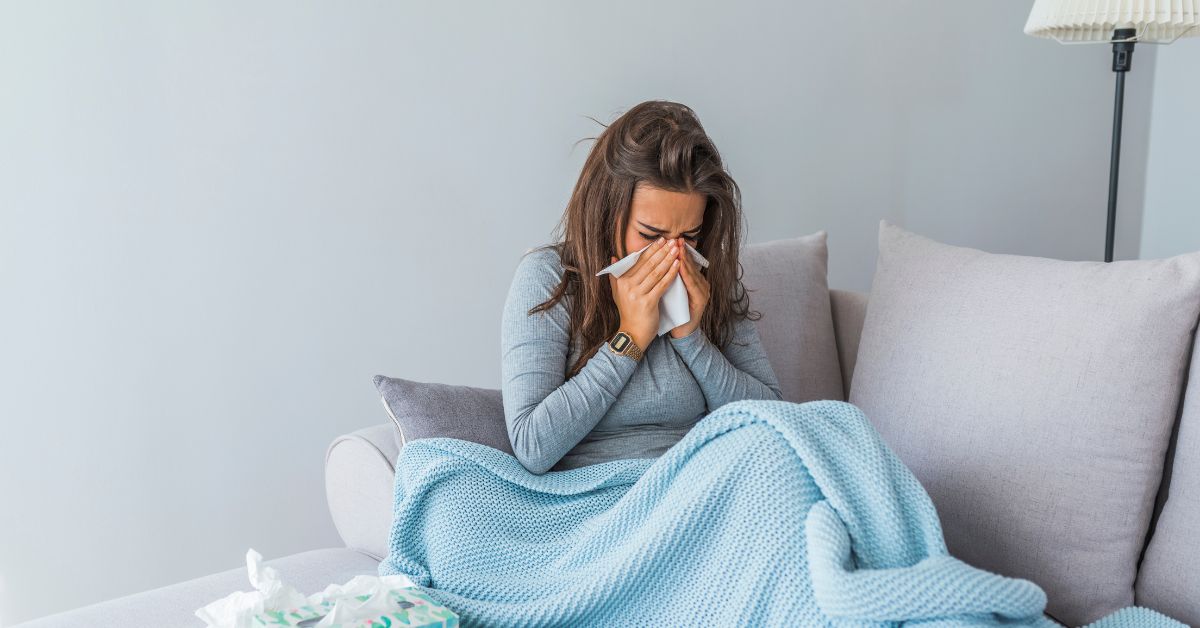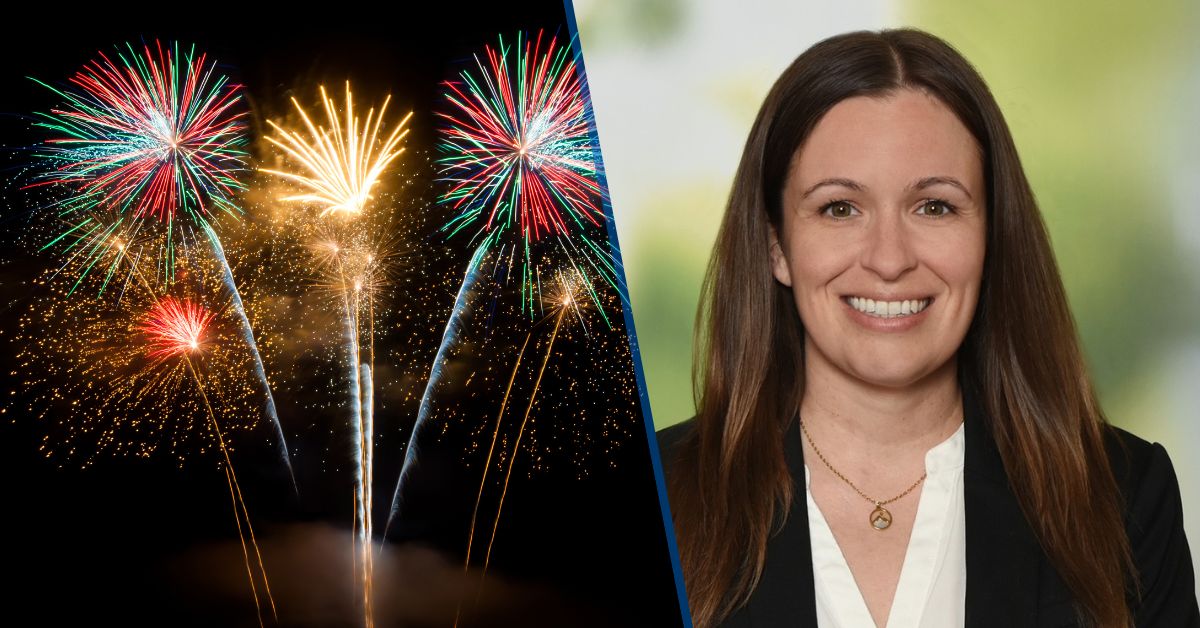It’s the season for holiday festivities, including holiday lights and light shows. But did you know that holiday light displays can sometimes trigger seizures in those with epilepsy?
It is important to know which lights are safe for home use, as well as what precautions to take when seeing holiday light displays. This is because approximately 3 percent of people with epilepsy who are exposed to flashing lights at certain intensities or to certain visual patterns can experience seizures. Known as photosensitive epilepsy, this condition is more common in children and adolescents.
Decorating with holiday lights at home
Christmas lights that flicker or flash between 16 and 25 times per second are among the biggest epilepsy triggers. Flashing or patterned effects usually make those with epilepsy feel disoriented, uncomfortable or can even trigger a seizure.
Non-flashing holiday lights or lights that flash at a low frequency (under 2Hz) should be safe for those with photosensitive epilepsy. However, if several circuits are flashing together or there is a malfunction of the lights, this can accidentally increase the flash rate. Additionally, red lights are more likely to trigger seizures than white or blue lights.
“Holiday lights are a beautiful way to share our joy. Choosing non-flashing or slow-flashing lights, meaning they flash twice per second or slower, can help ensure everyone can appreciate their beauty safely,” Caroline Just, MD, of Mercy Health – Lorain Neurology, shares. She is fellowship-trained in epileptology and won the 2019 Canadian League Against Epilepsy Fellowship award.
Visiting holiday light displays
If you have photosensitive epilepsy, you may wish to skip the holiday light displays altogether. However, if your epilepsy is not typically triggered by lights, here are some precautions you can take:
- Be sure that you get an adequate amount of sleep and eat regular, healthy meals. It’s also important to remember that alcohol can be a potential trigger for epilepsy. Not only is it a trigger, but it can also decrease the effectiveness of your medication.
- If lights are a problem for you, you can try covering one eye to reduce any photosensitivity issues you may have.
- Practice deep breathing through the nose.
- Wear polarized sunglasses outside to protect your eyes from bright light.
- Stay calm to avoid overexcitement.
Be mindful when visiting light displays with a loved one that has epilepsy. In the event your loved one has a seizure, stay with them and start timing the seizure. Make sure to move or guide the person away from harmful objects and turn them on their side. Also, be careful to not block their airway and do not restrain them. Stay with them until they are awake and alert. If the seizure last longer than five minutes, call 911.
Learn more about the neurology services we offer at Mercy Health.






